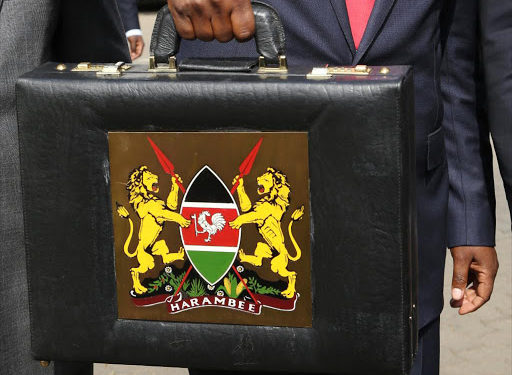The FY2023/2024 budget was tabled for the first time before the parliament on Thursday, 15 June 2023, and is estimated at KES 3.68 trillion. Some of the key allocations provided in the budget include the following:
The infrastructural sector: This sector has been allocated 351.3 billion, which is lower than the FY 2022–2023 allocation of 368.5 billion. 70% of this allocation has been allocated to cater for the construction of roads, railways, bridges, and the entire transport network development in the country. This shows the government’s plan to stimulate economic growth by intensifying the nation’s connectivity to promote trade.
Manufacturing: The budget has provided a value chain approach that will help reduce the challenges impeding growth in the manufacturing sector. A total of 26.9 billion has been allocated to the manufacturing sector under various implementing departments in the sector, with the highest allocation being KES 4.7 billion for the establishment of county-integrated agroindustrial parks.
Tourism: The tourism sector is considered the main source of foreign exchange in the country, with the Kenya Kwanza government targeting a job-creating tourism industry. The budget has proposed an allocation of KES 4.1 billion for the tourism fund and KES 2 billion for the tourism promotion fund, which is higher compared to the FY2022/2023 allocation. The air travel sector has been allocated KES 727 million for the construction and expansion of airstrips as well as to improve efficiency in the air transport sector in Kenya.
Healthcare: The health sector has been allocated KES 141 billion, which is a 5% decrease from the FY2022–2023 allocation of KES 148 billion. The highest allocation in this sector is 116.3 billion, directed to cater for medical services in the government’s plan to ensure affordable health in the country.
Agriculture: The total allocation for this sector is KES 49.9 billion, which is aimed at ensuring that the agricultural sector continues to have the highest contribution to employment creation as well as increasing productivity in the sector to cater for the existing food shortages in the country. In addition to this, the Kenya Kwanza government plans to increase productivity in the sector by increasing subsidy provision, adding value chains, and ensuring access to credit for working capital for farmers through cooperatives.
MSMEs: The Kenya Kwanza government is focused on increasing productivity in the MSMEs sector through a bottom-up approach, which saw the provision of the hustler fund in November 2022 as a mechanism to offer low-interest credit to Kenyans, especially in the SMEs sector. The budget has allocated the following to further support the sector:
- KES 300 million: SMEs in manufacturing
- KES 182.8 million: Women Enterprise Fund
- KES 175 million: Youth Enterprise Development Fund
- KES 192 million, Uwezo Fund
Read more: Kenya’s New Budget: Unraveling the Variance and Allocation Breakdown
















